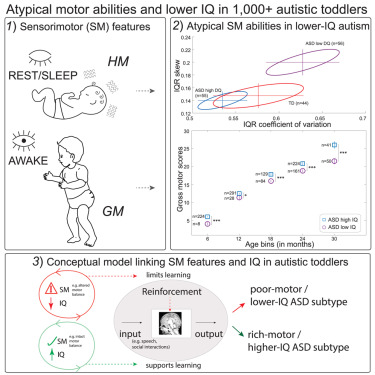
**Critical Review of Autism Therapy via Applied Behavior Analysis**
Applied Behavior Analysis (ABA) is a prevalent treatment for autism in the U.S., significantly due to insurance requirements and Medicaid support. Although classified as “medically necessary,” the effectiveness and ethical considerations surrounding ABA are increasingly under scrutiny, with considerable financial consequences.
**Gap in Evidence**
Having roots in aversive conditioning strategies, the initial techniques of ABA featured contentious practices. Recent criticisms advocate for a phenomenological approach that honors autistic individuals’ experiences, resonating with the neurodiversity movement. Detractors point out that ABA could be experienced as traumatic and coercive.
**RUPP’s Influence**
Conversely, the research from the RUPP Autism Network, including a significant trial conducted in 2002, endorses risperidone as a beneficial intervention for severe behaviors associated with autism, such as aggression and self-harm. Follow-up studies involving structured training for parents further illustrate advancements in adaptive behaviors and stress alleviation, differentiating from ABA’s approach.
**Financial Burden**
Intensive ABA programs exert pressure on Medicaid resources with uncertain results. In states like Florida, expenditures have escalated, leading initiatives such as Idaho’s CHIS model to reallocate resources toward more effective and compassionate care options.
**Ethical Evaluation**
Autistic individuals criticize ABA for its dehumanizing aspects and advocate for dignity in treatment methods. In spite of assertions of progress, ABA’s primary emphasis on modification of behavior has not transformed.
**Moving Forward**
Recommendations include redesignating ABA as experimental, financing validated treatments such as risperidone and aripiprazole, and enhancing investments in communication, family support, and neurodiversity-affirming practices. This strategy emphasizes the importance of evidence, ethics, and successful interventions over established, expensive practices.